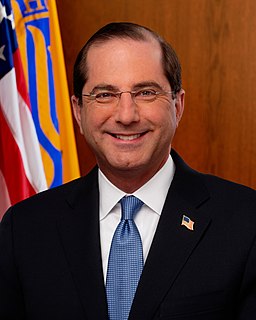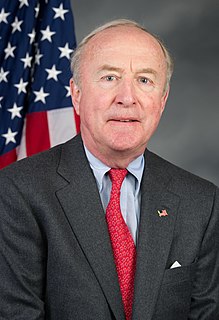A Quote by Tipper Gore
I know how important good mental health care can be because I personally benefited from it.
Quote Topics
Related Quotes
One of the things we need to do is address mental health care as an integral part of primary care. People often aren't able to navigate a separate system, so you see successful models where a primary care physician is able to identify, diagnose, and concurrently help people get mental health treatment who have mental health issues.
One of the issues I think is very important, in many communities of color, there's a stigma about mental health. We find that the shaming that comes from acknowledging that one may have some issues that may relate to mental health, often people are not willing to go and seek additional help because of that shaming or that cultural stigma that's associated with it. And I think that we need to make this change in how people approach mental health.
We Americans, or half of Americans, think health care is a commodity. Other countries view health care as a social service that should be collectively financed and available to everyone on equal terms. My wife and I just interviewed the German minister of health, and it was an exhilarating experience, because it was a totally different language. It was obviously important that everyone should have the same deal in health care.


































